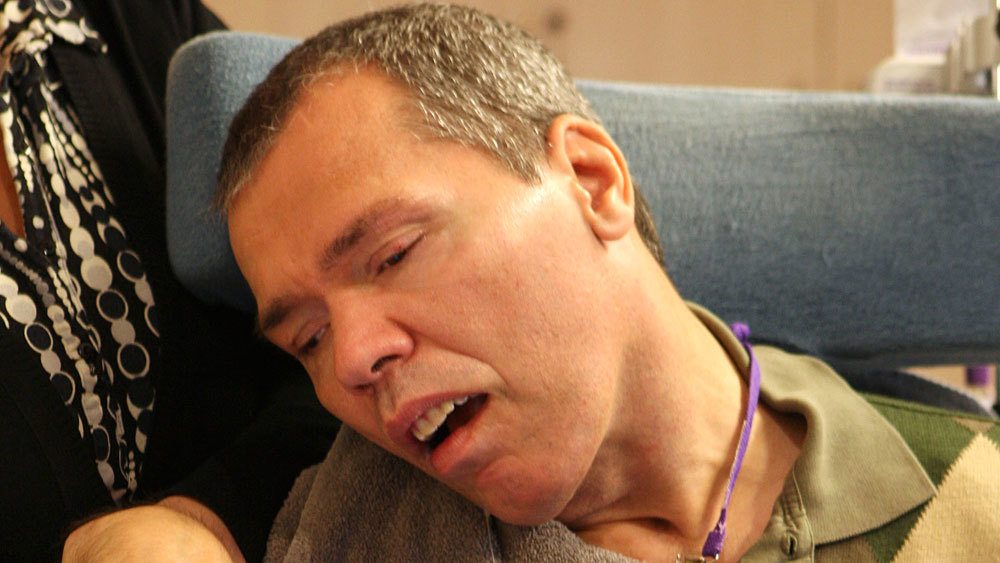
Rom Houben: Not communicating through facilitated communication
Rob Houben, injured by a car crash over two decades ago, was claimed to be conscious but paralyzed rather than in a persistent vegetative state, and the discredited pseudoscience of facilitated communication was claimed to give him a voice. To the lack of surprise of skeptics everywhere, these claims were not true.
Autism Onset and the Vaccine Schedule – Revisited
This week on Science-Based Medicine I wrote an article about a new study looking at the onset of autism symptoms, showing that most children who will later be diagnosed with autism will show clear signs of autism at 12 months of age, but not 6 months. This is an interesting study that sheds light on the natural course of autism. I also...
Longing for a past that never existed
There once was a time when all food was organic and no pesticides were used. Health problems were treated with folk wisdom and natural remedies. There was no obesity, and people got lots of exercise. And in that time gone by, the average life expectancy was … 35! That’s right. For most of human existence, according to fossil and anthropological data, the...
The Early Course of Autism
Understanding the natural history of a disease is an important framework to have. It not only is critical for prognosis, but also informs us about diagnostic and screening strategies, is important to assessing interventions, and provides clues to causation. There has been much debate about the early course of autism, specifically the earliest age at which autism may be detected. At present...
Questioning Colonoscopy
Everybody knows that colonoscopy is the best test to screen for colorectal cancer and that colonoscopies save lives. Everybody may be wrong. Colonoscopy is increasingly viewed as the gold standard for colorectal cancer screening, but its reputation is not based on solid evidence. In reality, it is not yet known for certain whether colonoscopy can help reduce the number of deaths from...
The Winkler County nurse case and the problem of physician accountability
A MISCARRIAGE OF JUSTICE THAT HAD A (SORT OF) HAPPY ENDING Back in September and then again last week, I wrote briefly (for me) about an incident that I considered to be a true miscarriage of justice, namely the prosecution of two nurses for having reported the dubious and substandard medical practices of a physician on the staff of Winkler County Hospital...
Changing Your Mind
Why is my mind so clean and pure? Because I am always changing it. In medical school the old saying is that half of everything you learn will not be true in 10 years, the problem being they do not tell which half. In medicine, the approach is, one hopes, that data leads to an opinion. You have to be careful not...
CardioFuel—another magic pill
I get a lot of email asking me about various alternative therapies and supplements. A recurring theme on this blog has been the hyperbolic claims of alternative practitioners and supplement makers, and while I can’t answer every email, I can at least address some of them in the blog. Supplements are often marketed using unsupported health claims to which is appended the Quack...
Science by press release
Last week I wrote about a study that purported to show that antidepressants have no effect in mild to moderate depression. A careful reading of the paper shows that the authors dramatically overstated their findings, particularly in their public statements to the media. The study has another implication beyond the misleading claims about antidepressants. It is an object lesson in an ongoing...
Checklists and Culture in Medicine
Surgeon and journalist, Atul Gawande, is getting quite a bit of deserved press and blog attention for his new book, The Checklist Manifesto: How to Get Things Right. The premise of his book is simple – checklists are an effective way to reduce error. But behind that simple message are some powerful ideas with significant implications for the culture of medicine. One...





